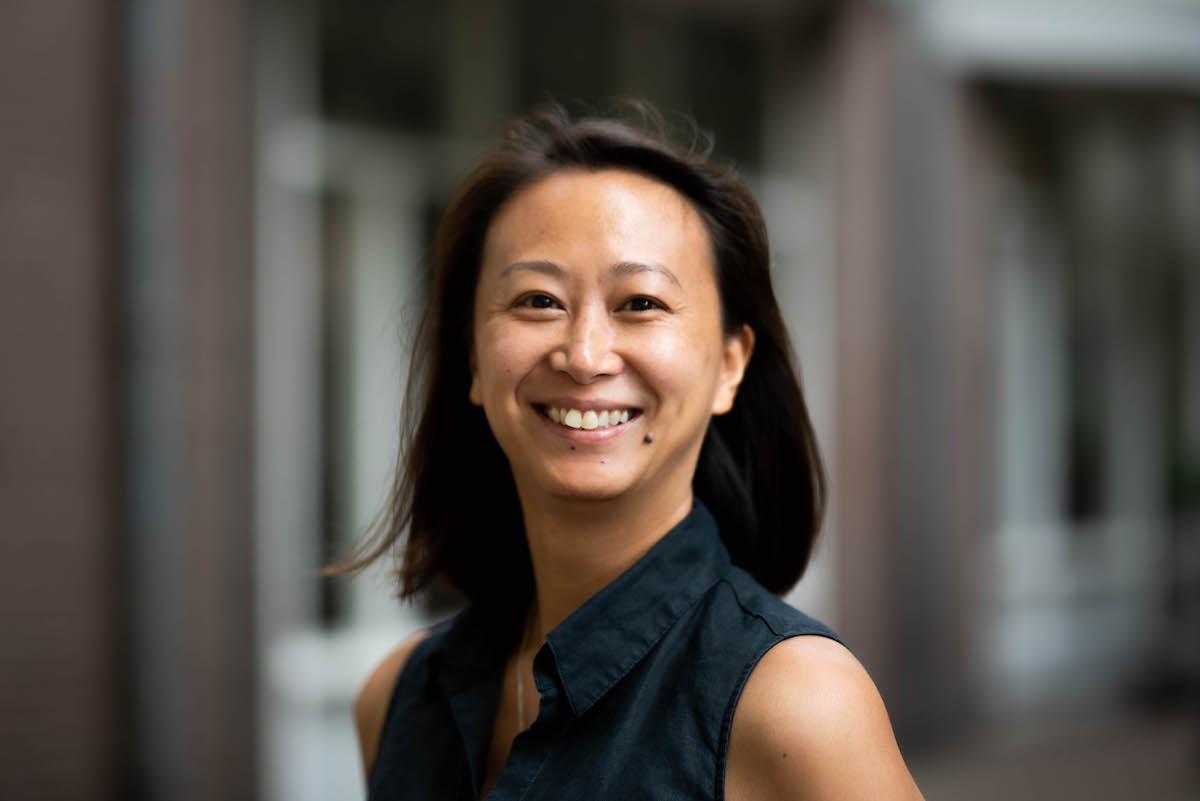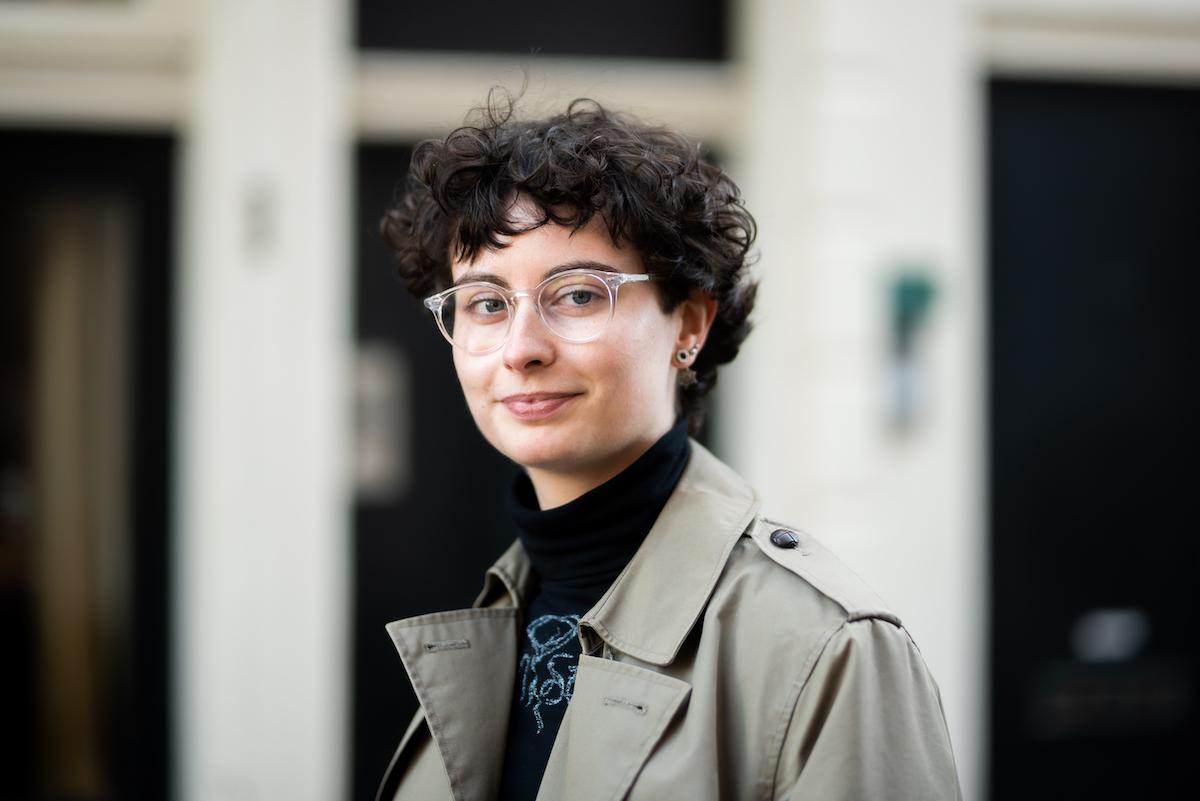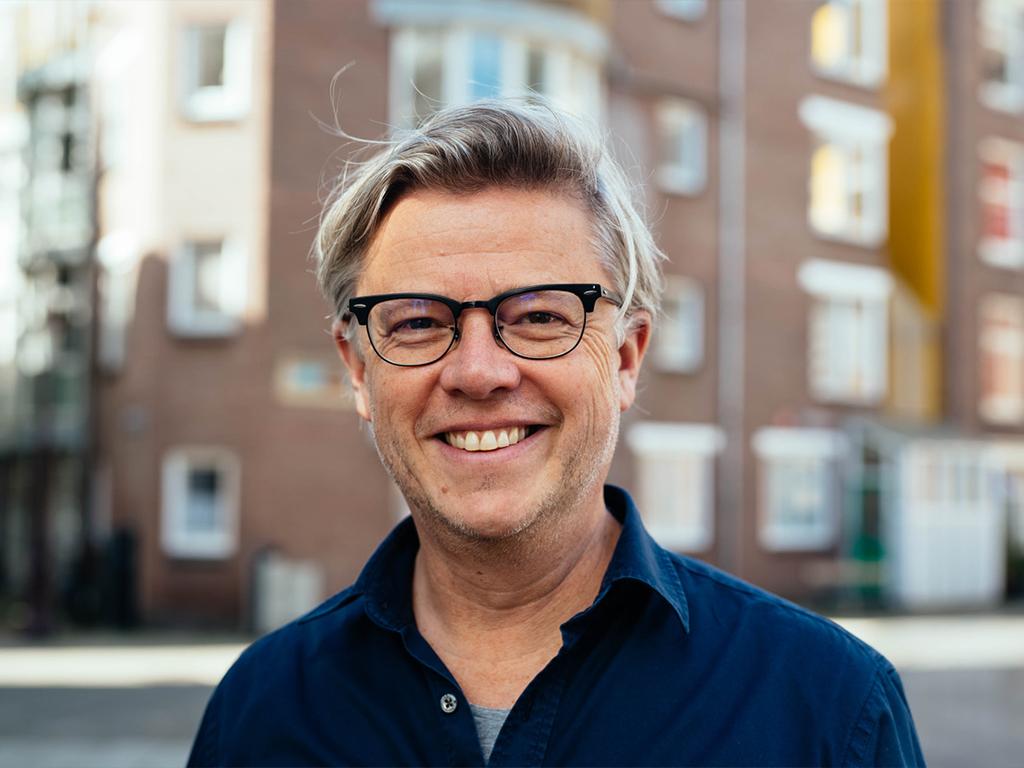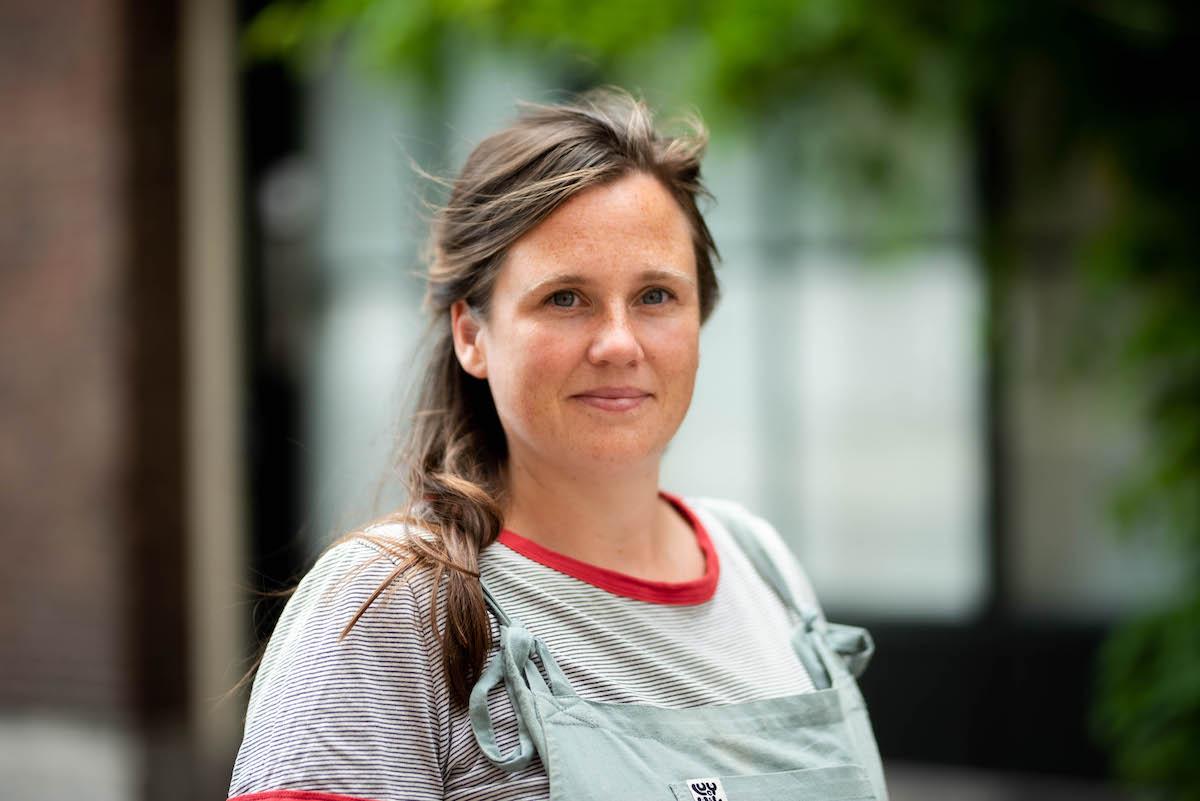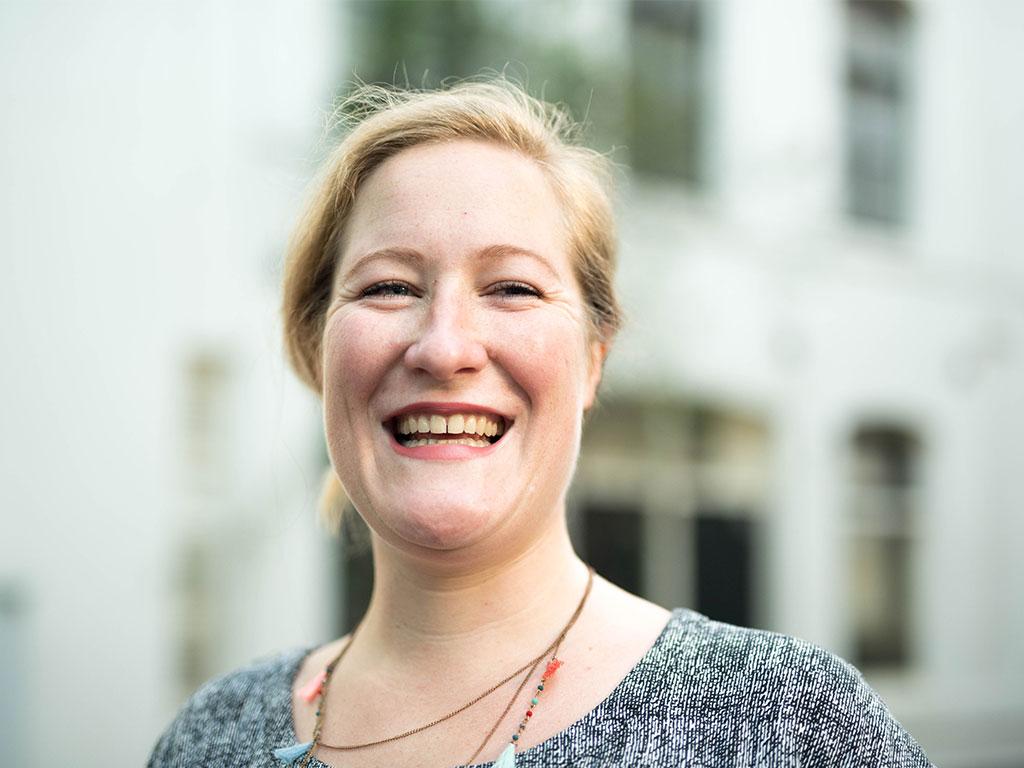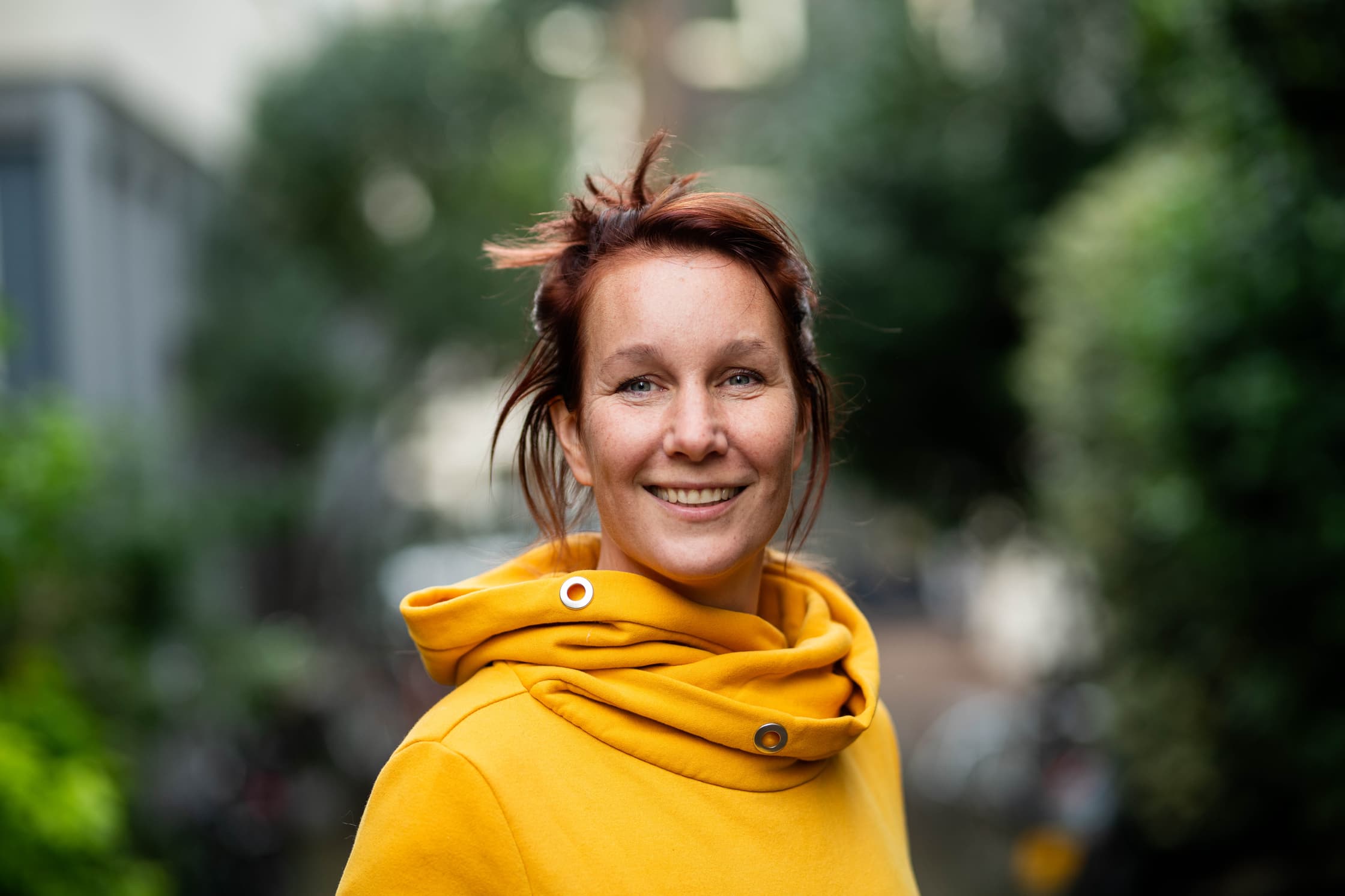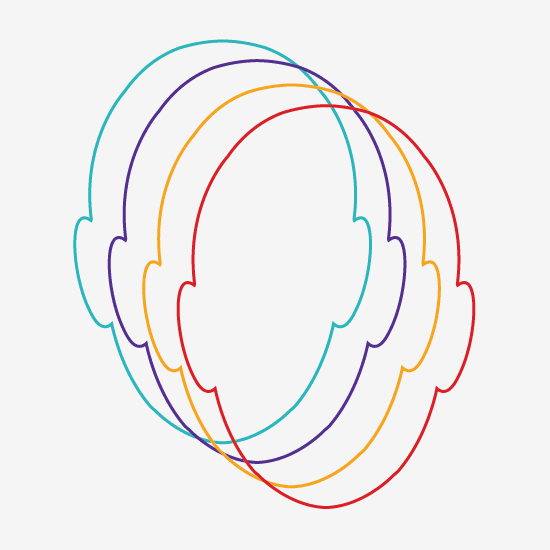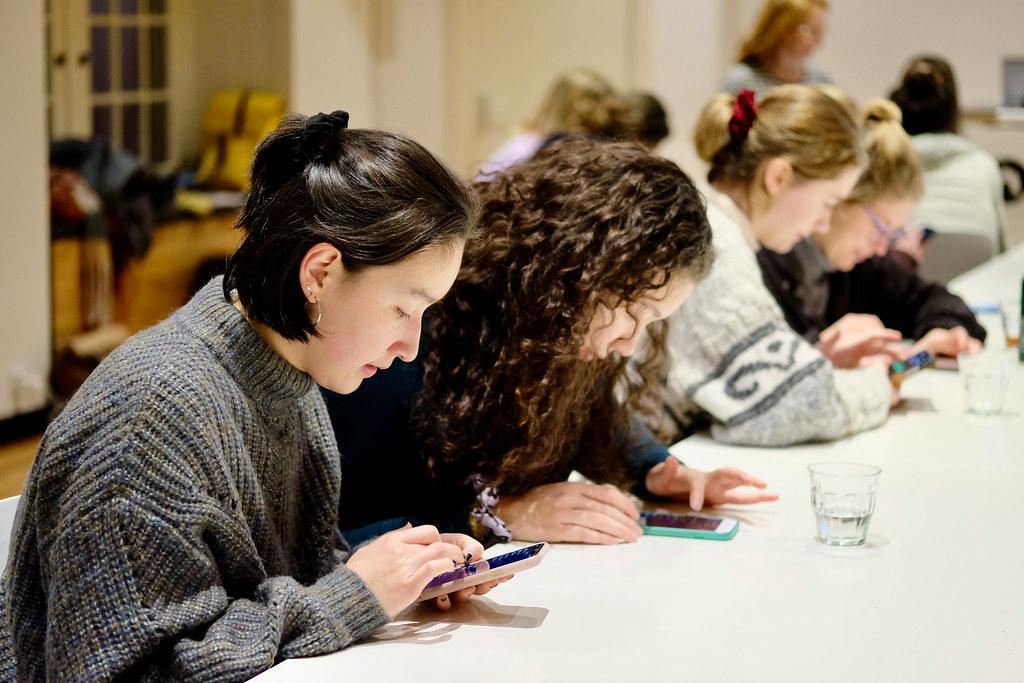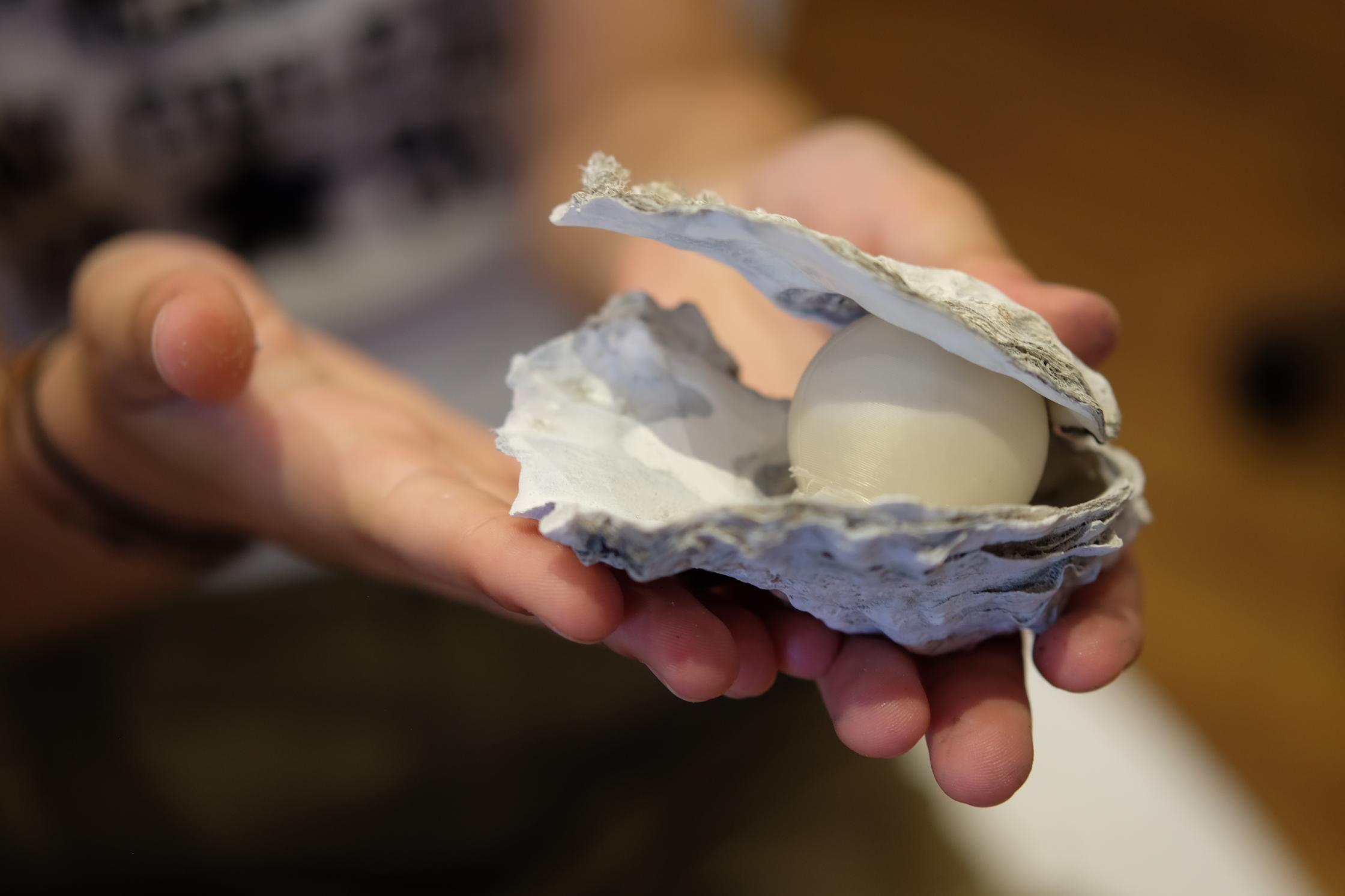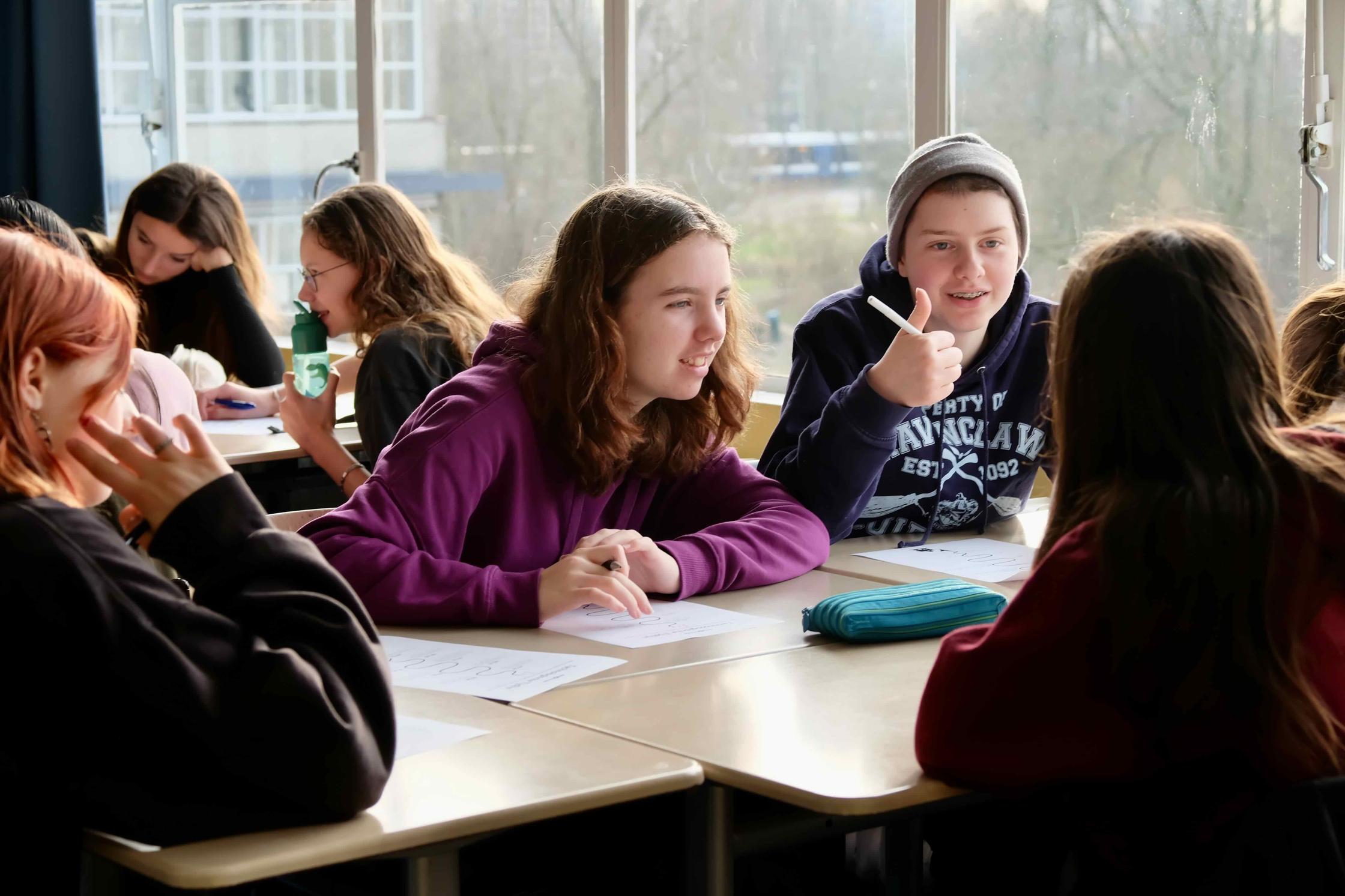In today's digital society, technological developments have a major impact on how it is structured. Young people are increasingly confronted with the question of how they relate to technology and how these technologies influence their daily lives. In the Technological Citizenship project, Waag, together with partners and young people, investigated the role of creative making processes in developing citizenship skills among young people in a digital society. These making processes were based on scientific research into “critical making”, a hands-on process in which digital technologies are linked to social issues. Technological Citizenship therefore meant not only that young people could use technology, but that they could also understand, question and even design it.
This project made it clear that creative processes, imagination and art played an important role in highlighting issues that would arise in the future of the digital society. This was not just about technology, but about the broader social and ethical issues that technology brought with it. Citizenship skills, such as making choices for one's own future, were increasingly linked to the use of technology, for example the use of systems such as DigiD.
The inventory showed that young people were initially not very involved in the debate about the impact of technology on health and democratic processes. Although the majority of young people had basic digital skills, there were significant differences in how young people used technology, depending on their level of education. This showed that young people often occupy a disadvantaged position when it comes to engaging in dialogue about technology and the future of the digital society.
In 2023, eight workshops explored how creative practices could help young people make social issues visible and discussable. It became clear that young people had a great deal of expertise in consuming technology, but felt little sense of ownership over the technologies around them. This lack of ownership was particularly evident in the fact that young people did not feel that technology was designed for them and that they themselves had little influence on its development. They felt trained in resilience towards technology, but not in designing it.
One of the most important conclusions was that, although young people were good at consuming technology, they had little confidence in their ability to design or adapt these technologies themselves. This lack of ownership and influence led to a feeling of powerlessness, which further hindered their involvement in the development of technology and the debate about the digital future. Technology was often seen as something that happened to them, rather than something they were actively part of.
The collaboration between Stichting Designathon Works, Waag Futurelab, New Tech Kids and the Rathenau Instituut, supported by a grant from ClickNL, emphasised the importance of the creative industry in promoting socially responsible innovation. The projects demonstrated that young people would become more involved in technological developments if they were actually given the opportunity to exert influence and share their ideas.
Meta data
Project duration
Team
Financiers
Deze activiteit is (mede) gefinancierd met de PPS-toeslag van het Ministerie van Economische Zaken en Klimaat vanuit CLICKNL. CLICKNL is het topconsortium voor Kennis en innovatie (TKI) van de Creatieve Industrie,

